PROTECT YOUR DNA WITH QUANTUM TECHNOLOGY
Orgo-Life the new way to the future Advertising by AdpathwayPeople who know Pierre Poilievre say that what you see is what you get, that Pierre is Pierre, and he’s not about to change now.

Back in the 2022 Conservative leadership campaign, this was presented as a positive trait. Unlike Erin O’Toole, freshly ousted by the Conservative caucus, Poilievre wouldn’t tell the party’s base one thing and then moderate or change his positions to appeal more broadly to the general public.
But while sticking to your principles can be an admirable thing, it doesn’t make the business of winning elections any easier — particularly when Canadian voters have already rejected you once.
And while those principles might not change, context constantly does. Poilievre was trouncing then-prime minister Justin Trudeau in opinion polls earlier this year, only to lose a double-digit polling lead and an election to Prime Minister Mark Carney.
Story continues below advertisement
Poilievre has shown no evidence he intends to change tack to win over more voters, recently telling reporters he felt no need to reflect on his leadership style after losing one MP to the Liberals and another to a surprise retirement. But while there are obvious perils to running the same playbook that lost you an election, for Poilievre there is peril in changing things up, too.
Recent research published by the Consortium on Electoral Democracy suggests Poilievre motivates his party’s base more strongly than a “moderate” conservative leader.
“A more moderate, mainstream alternative (to Poilievre) … we can’t guarantee they would get the same share of the vote that even Poilievre got,” said Abacus Data CEO David Coletto in an interview.
“If I liked Mark Carney, and I now have a Conservative leader who is like Mark Carney, why would I choose the lesser version?”
The fact remains the Conservatives’ approach wasn’t enough in 2025 against a tired Liberal Party with an untested leader. What makes them think it will suffice in the next election?
Part of the bind Poilievre finds himself in, as the Conservative base prepares to gather in Calgary this January, is that while his own party members adore him, voters outside the tent are decidedly less enthusiastic. And even if he were inclined to change his approach or tone to appeal to a wider audience — and there has been little evidence of that — Poilievre risks his own rank-and-file cooling to him.
Story continues below advertisement
Conservative insiders have told Global News that Poilievre’s office has been singularly focused on January’s party convention — and his leadership review vote — since April’s disappointing election loss. Poilievre needs a decisive endorsement from the party’s grassroots to be the first Conservative leader since Stephen Harper to get a second chance.

Get daily National news
Get the day's top news, political, economic, and current affairs headlines, delivered to your inbox once a day.
But while Poilievre focuses on the party rank and file, there are signs that he’s losing ground with the broader electorate.
Poilievre’s Popularity Problem
Recent public opinion polling has shown that Poilievre’s popularity with the broader electorate is waning, even as Conservative Party voters remain solidly behind his leadership.
On Tuesday, the Angus Reid Institute released data suggesting that 60 per cent of Canadians had an unfavourable opinion of Poilievre, while just 34 per cent viewed him favourably — a net score of negative 26, and the worst score he’s received since becoming leader in 2022.
Story continues below advertisement
More respondents intend to vote Conservative (38 per cent) than like Poilievre, suggesting the Conservative leader could be a drag on his party’s chances to win the next election.
A breakdown of polling from Abacus Data provided to Global News points to where Poilievre may be losing support.
In November 2024 — near the low point for the Liberals under Trudeau’s tenure — Abacus found that Poilievre was most popular among voters in the Conservative heartland of Alberta, Saskatchewan and Manitoba, but also had a net positive impression in Ontario (+7 per cent), among men (+8 per cent), and across every age bracket except voters aged 60 and older.
Poilievre had a better net favourability among higher-income respondents, while lower-income Canadians had a negative view of the Conservative leader.
One year later, those advantages appear to have been erased. In Abacus’ November 2025 polling, Poilievre is now viewed unfavourably in Ontario (-4 per cent), unfavourably by every age bracket except 30-45 year olds, and has a neutral score among men.
Trending Now
The only income bracket with a net positive impression of Poilievre was those making more than $100,000 a year (+2 per cent).
What hasn’t changed over the last year is Conservative voters’ support for Poilievre, with a net 70 per cent popularity in Abacus’ data. People who voted for other parties didn’t like Poilievre in 2024 — now they really don’t like him.
Story continues below advertisement
“There’s a lot of enthusiasm for Poilievre among Conservatives, but pretty much everyone else is like, ‘I really, really don’t like this guy.’ There’s very little middle ground anymore on Poilievre,” said Coletto.
Well, sure, a Poilievre supporter might say, but who cares if Liberals don’t like him? Fair enough, but the Conservatives received 41 per cent of the popular vote in 2025 — the party’s best showing in its modern history.
It wasn’t enough against a resurgent Liberal Party under Carney, and with a moribund NDP that won just seven seats.
The popularity of the Liberal prime minister won’t last forever, and the New Democrats could find new life with a new leader — and against a Liberal Party less intent on progressive signalling. But the Conservatives banking on those two factors essentially leaves their political fate up to forces outside of their own control.
That approach — Poilievre essentially running the same play again and hoping circumstances will be somehow better — at least has the advantage of keeping the Conservative party, give or take two MPs, behind him. Because there are also risks involved in trying to expand the tent.
Story continues below advertisement
Writing in policy options, academics Laura Stephenson, Michael McGregor and Alvaro Pereira Filho — using public opinion data gathered in May and June 2024 — found that respondents were less likely to vote for the Conservatives under former leadership contenders Leslyn Lewis or Jean Charest.
Even if the Conservatives’ high-water mark in the 2025 election wasn’t enough to form government, in other words, they may not have done even that well without Poilievre and his abrasive political style.
“The ceiling for his support is pretty much where it is now,” Coletto said.
“If that mindset doesn’t change, then basically the strategy the Conservatives are facing is we’re going to hold this 40 per cent together come hell or high water, we’re not going to let it leak to the right or to the centre, and then we hope that 40 per cent will be enough to win an election.”


 2 hours ago
2
2 hours ago
2






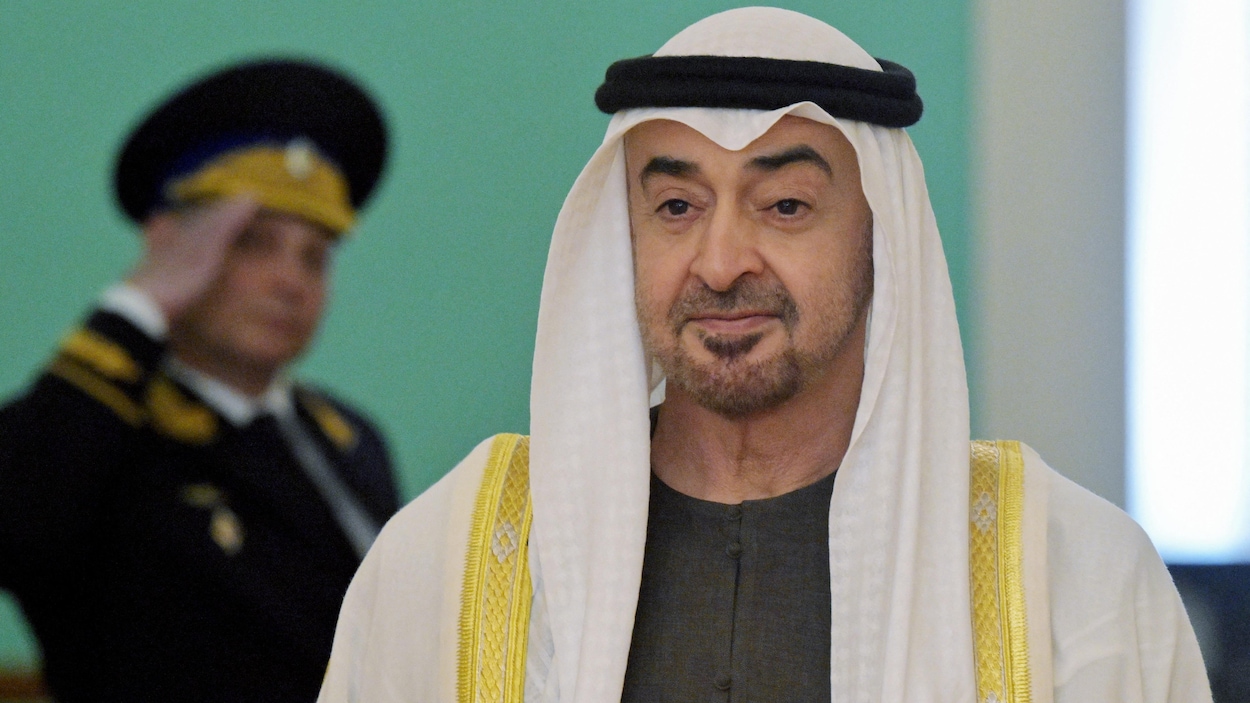


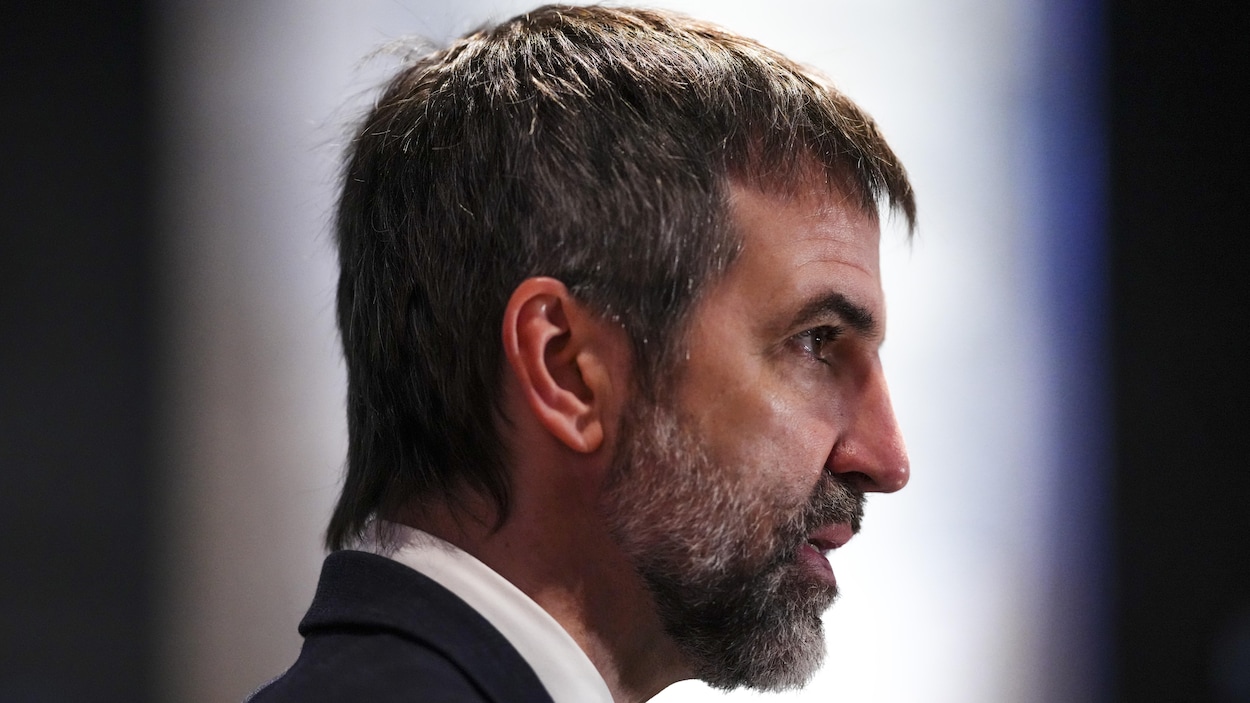
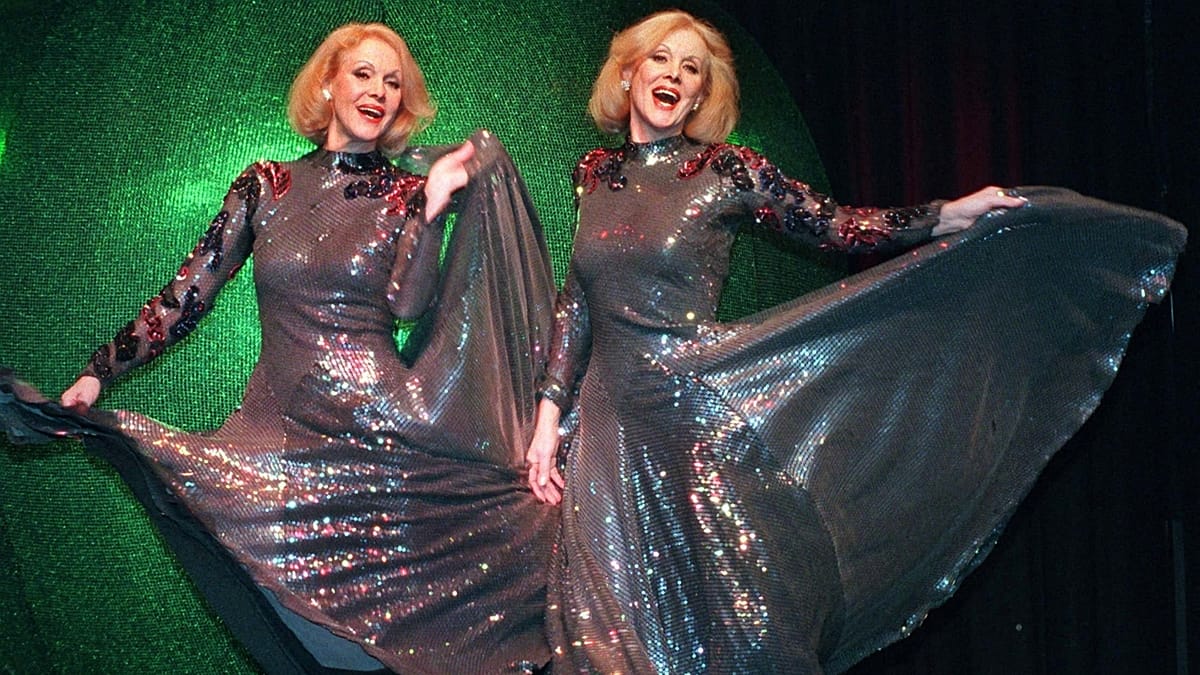



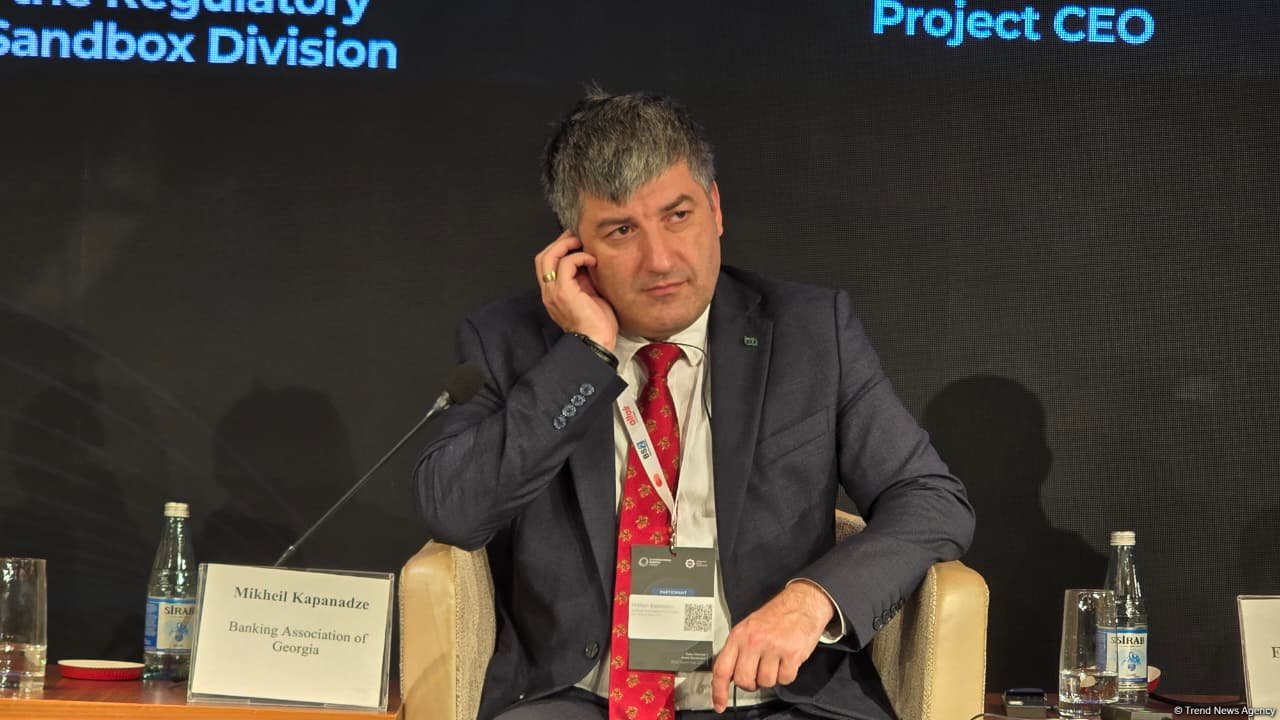




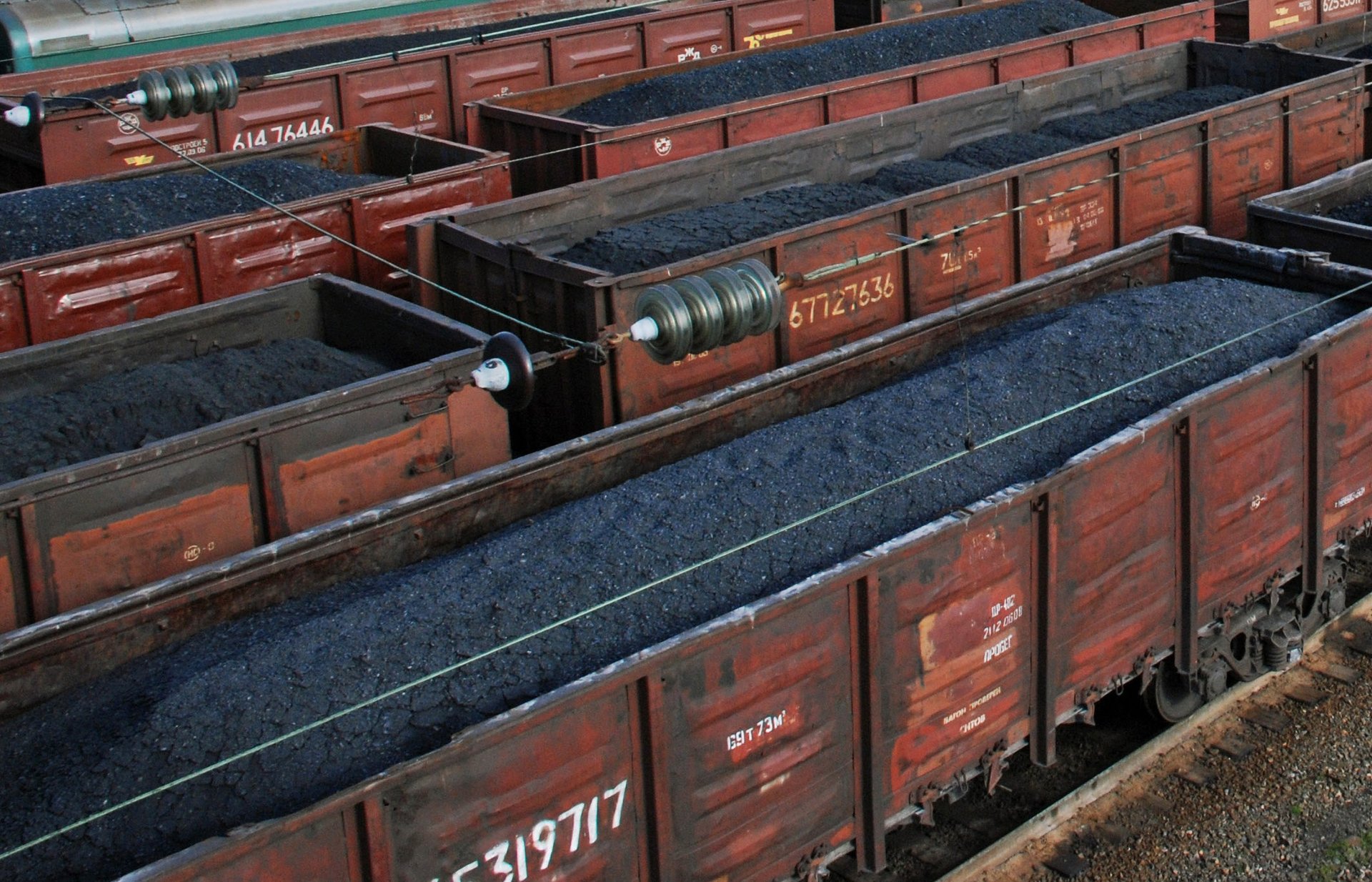


 English (US) ·
English (US) ·  French (CA) ·
French (CA) ·  French (FR) ·
French (FR) ·